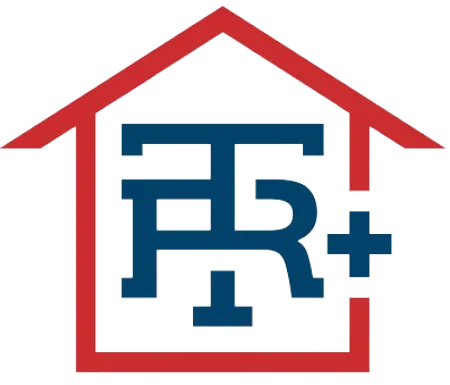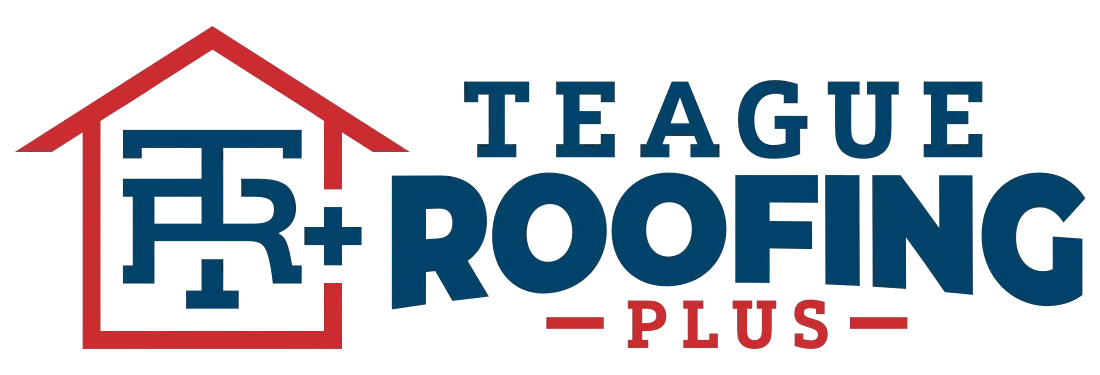
Welcome to Teague Roofing Plus!
YOUR TRUSTED Roofing Company in Southwest Missouri for over 40 years.
At Teague Roofing Plus, we bring over 40 years of experience in roof repair and exterior home services. Our certified roofing specialists handle everything from minor roof repairs to full roof replacements. Whether your roof needs a simple fix or an entire overhaul, we provide honest, expert advice to help you make the best decision.
In addition to roofing, we offer complete exterior home services. We specialize in siding repairs, ensuring your windows are properly sealed to prevent leaks, and making sure your gutters are correctly installed to protect your foundation from water damage.
For reliable roofing and exterior home repairs, trust Teague Roofing Plus, your local roofing experts.
Commercial & RESIDENTAL roofing Services Available
LOCATION
Teague Roofing Plus
6149 US-60
Springfield, MO 65802
HOURS
Weekdays: 8am - 5pm
Weekends: On Call
CALL NOW FOR EMERGENCY SERVICE
QUICK LINKS
COPYRIGHT © 2025 Teague Roofing Plus
ALL RIGHTS RESERVED.
MO License #: BUS2024-00547

